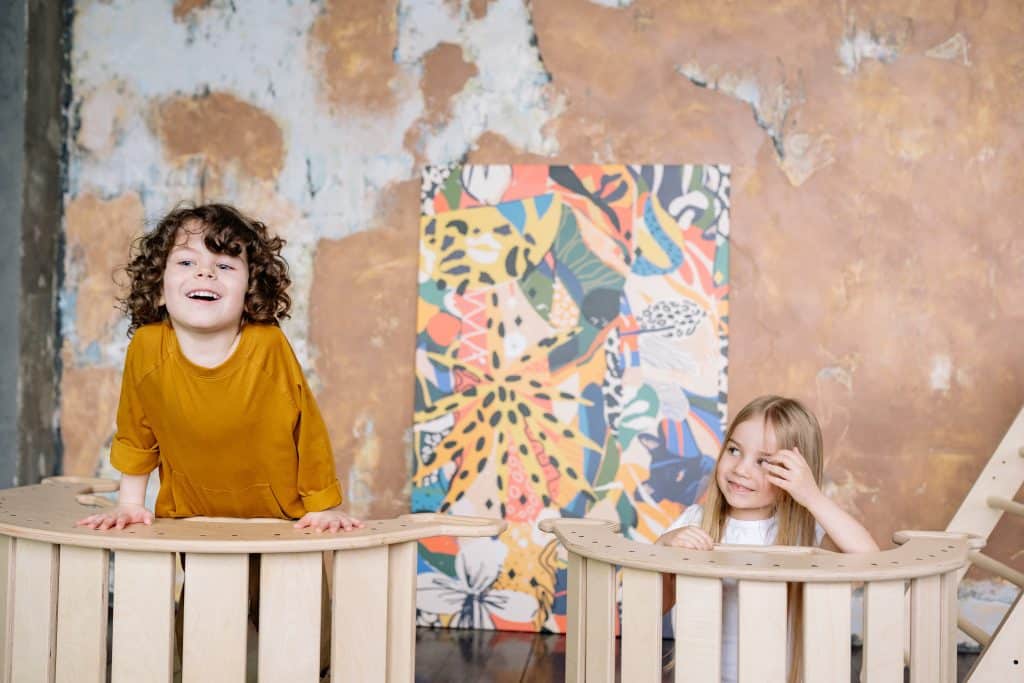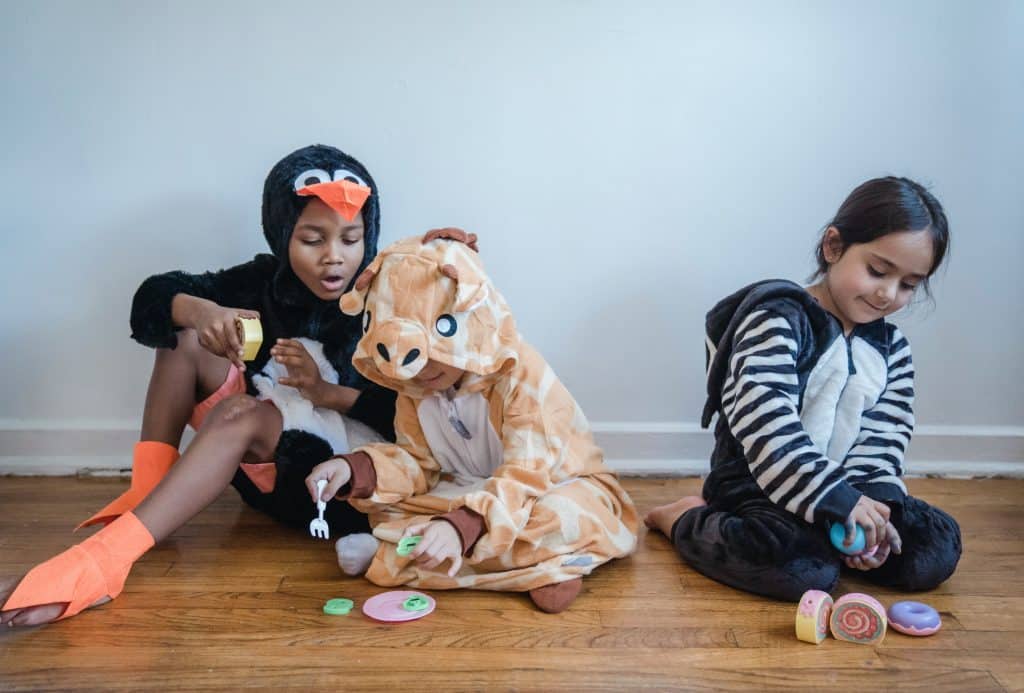Imagine your child experiencing the sound of a ticking clock as if it were a jackhammer. For kids with autism, auditory hypersensitivity can make everyday noises feel overwhelming. In this blog post, we’ll explore the ins and outs of auditory hypersensitivity, including its causes, signs, and strategies to help your neurodivergent child cope with this sensory challenge. We’ll also discuss how to create a supportive environment and share expert tips for managing auditory hypersensitivity in kids with thinking and learning differences.
Table of Contents
What is Auditory Hypersensitivity?
Auditory hypersensitivity, also known as hyperacusis, is a heightened sensitivity to everyday sounds. For kids with autism, this can mean that seemingly harmless noises, like a dog barking or a door closing, can cause significant distress. This heightened sensitivity which is from differences in how their brains process auditory information. In addition to autism, auditory hypersensitivity can also be present in kids with ADHD, sensory processing disorder, and other neurodivergent conditions.
Read More: What is Hypersensitivity?

Understanding auditory hypersensitivity is crucial for parents, as it can impact a child’s daily life and overall well-being. By recognizing the signs and implementing strategies, you can help your child manage their sensory challenges and thrive in various environments. Goally can be a valuable tool in supporting your child’s journey, offering resources and guidance tailored to their unique needs.
Signs of Auditory Hypersensitivity
If you suspect your child may be experiencing auditory hypersensitivity, look for these common signs:
- Covering their ears or reacting negatively to everyday sounds
- Becoming anxious or upset in noisy environments
- Difficulty concentrating or focusing in loud settings
- Avoiding situations or places with loud noises
By identifying these signs early, you can take proactive steps to support your child and help them navigate their sensory challenges more effectively.
Strategies for Managing Auditory Hypersensitivity
Helping your child cope with auditory hypersensitivity involves a combination of understanding, support, and practical strategies.
Here are some ways to help your child manage their sensory challenges:
- Identify triggers: Pay attention to the specific sounds that cause distress for your child. This will help you anticipate and avoid potential triggers, making daily life more manageable.
- Create a sensory-friendly environment: Reduce background noise at home by using soft furnishings, rugs, and curtains to absorb sound. You can also provide a quiet space for your child to retreat to when they need a break from sensory input.
- Use noise-canceling headphones: These can be a lifesaver for kids with auditory hypersensitivity. They can help block out unwanted noise, allowing your child to focus and feel more comfortable in noisy environments.
- Practice gradual desensitization: Gradually expose your child to the sounds that cause them distress, starting at a low volume and increasing it over time. This can help them become more accustomed to the noise and reduce their sensitivity.
- Encourage self-regulation: Teach your child relaxation techniques, such as deep breathing or visualization, to help them cope with sensory overload.

Read more: Auditory Processing Disorder Test for Kids | 10 Questions
By implementing these strategies and using tools like Goally to support your child’s progress, you can make a significant difference in their ability to manage auditory hypersensitivity.
Building a Supportive Network
It’s essential to have a strong support network for both you and your child. This can include family, friends, therapists, and educators who understand your child’s unique needs. Here are some tips for building a supportive network:
- Educate others: Share information about auditory hypersensitivity with those who interact with your child regularly. This will help them understand your child’s needs and provide appropriate support.
- Collaborate with professionals: Work closely with your child’s therapists, teachers, and healthcare providers to develop strategies and accommodations that will help your child succeed.
- Connect with other parents: Join support groups or online forums for parents of neurodivergent kids. Sharing experiences and advice can be invaluable in navigating the challenges of raising a child with auditory hypersensitivity.
Read More: Best Emotional Regulation App
Building a strong support network is crucial in helping your child thrive despite their sensory challenges. With patience, understanding, and the right strategies, you can make a significant difference in your child’s life.
Tired of Emotional Meltdowns?
Goally’s Mood Tuner app has activities for kids with BIG emotions. Teach kids how to tune their mood with Goally. See fewer meltdowns.
The Mood Tuner app encourages kids to look inwards and identify their feelings, helping them understand what’s going on inside. Once they’ve recognized their emotions, they can choose from a 20+ activities designed to help them self-regulate and find their balance.

Auditory hypersensitivity can be a challenging aspect of life for kids with autism and their families. By understanding the causes, recognizing the signs, and implementing strategies to help your child cope, you can create a more comfortable and supportive environment for your neurodivergent child. Remember, building a strong support network and collaborating with professionals is crucial in helping your child thrive. With patience, understanding, and the right strategies, you can make a significant difference in your child’s life. Goally is here to support you and your kid every step of the way.
FAQs About Auditory Hypersensitivity in Kids With Autism
What is auditory hypersensitivity? Auditory hypersensitivity is a heightened sensitivity to certain sounds typically ignored by individuals without the condition. It is commonly observed in people with autism, sensory processing disorder, or certain anxiety disorders.
What are the common symptoms of auditory hypersensitivity? Symptoms include discomfort or pain at normal sounds, distraction or upset by background noise, and extreme reactions to unexpected noise.
Can auditory hypersensitivity be treated? Treatments include sound therapy, cognitive behavioral therapy, and noise-canceling headphones or earplugs to manage sensitivity.
How can parents help children with auditory hypersensitivity at home? Parents can create a quiet and controlled environment, use noise-canceling headphones, and introduce sound desensitization therapies to help manage the condition.
Are there any specific tools or apps for managing auditory hypersensitivity? Certain apps provide white noise or soothing soundscapes, and others offer therapeutic exercises for desensitization to sounds.
This post was originally published on 05/18/2023. It was updated on 09/20/2023.

Goally
We help parents teach their kids life skills, like doing bedtime and morning independently. Backed by science, we incorporate evidence-based practices and expert-informed designs in all of our apps and content.






